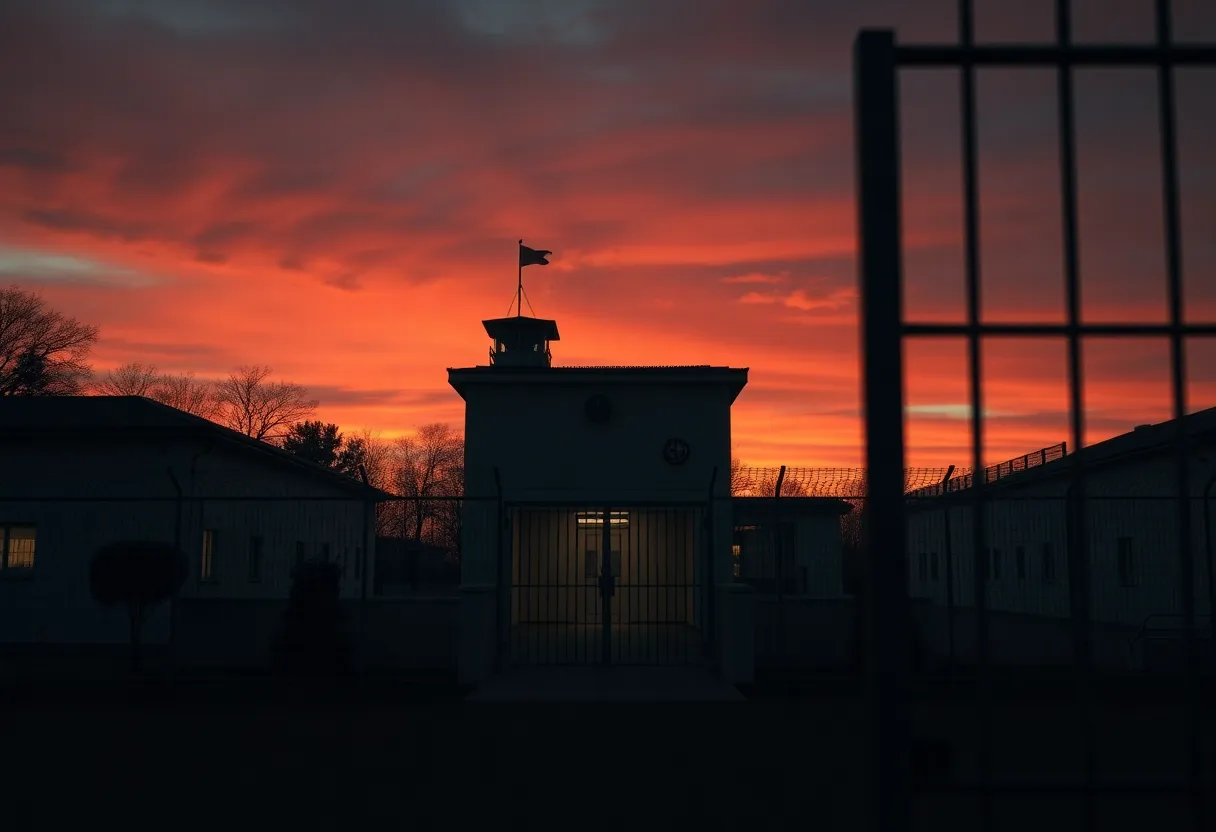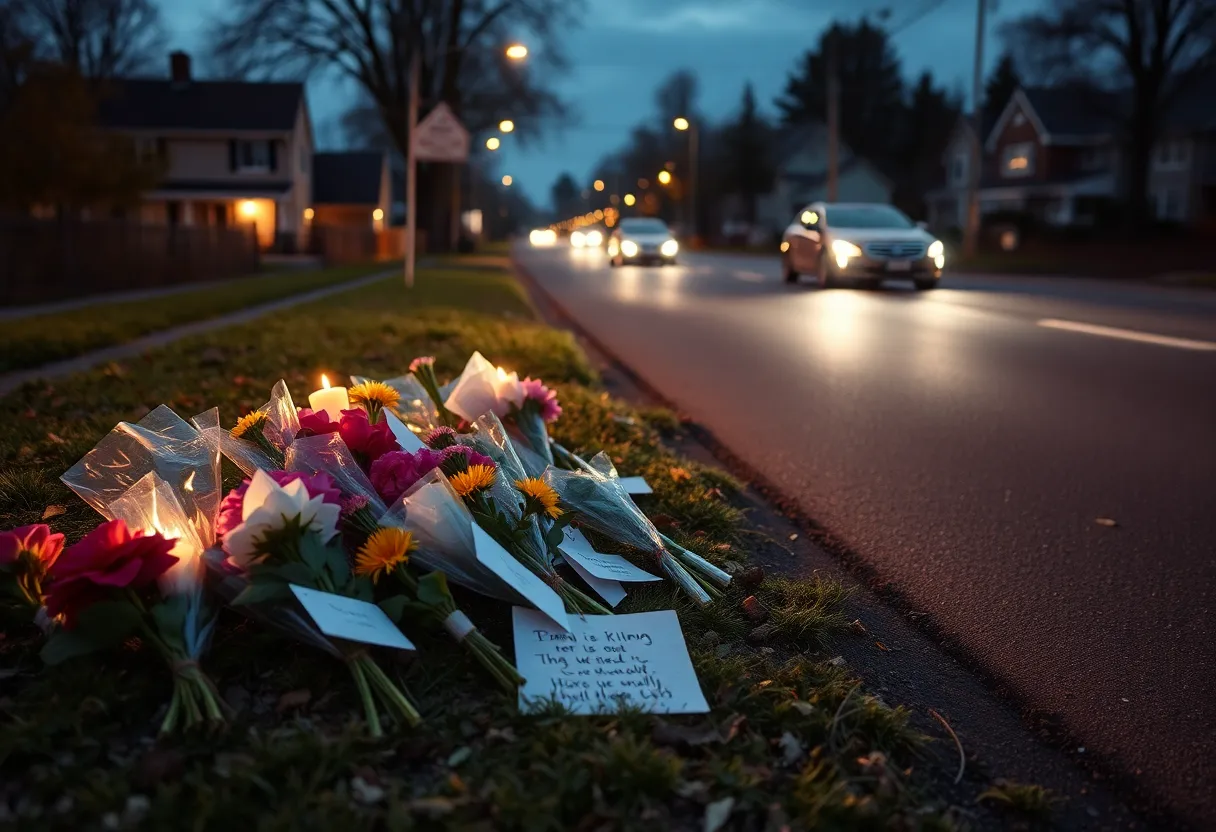News Summary
On January 31, 2025, Marion Bowman Jr. was executed in South Carolina, marking a significant moment in the state’s recent history of capital punishment. His case, convicted of the murder of Kandee Martin in 2002, raised ongoing concerns about the fairness of the trial, particularly regarding the influence of plea deals and the judicial process. As the first execution of 2025 in the U.S., it reignited discussions on the death penalty’s implications and the state’s actions towards managing a backlog of death row inmates.
Marion Bowman Jr. Executed in South Carolina Amidst Renewed Focus on Death Penalty
Columbia, South Carolina – On the evening of January 31, 2025, Marion Bowman Jr., 44, was executed by lethal injection at 6:27 p.m. This marks a significant moment in South Carolina’s legal history, as it is the third execution to take place in just four months. The state is working to address a backlog of inmates following a lengthy 13-year pause in carrying out death sentences.
A Look Back at the Case
Bowman was convicted of the brutal murder of his friend, Kandee Martin, in 2002. The horrific crime left a lasting mark on the community when her burned body was discovered in the trunk of a car. Throughout the years of legal battles, Bowman consistently proclaimed his innocence, standing firm in his assertion that he did not kill Martin. His final moments were dedicated to expressing empathy for Martin’s family, acknowledging their grief and hoping for a sense of closure in his execution.
The conviction against Bowman was largely built on testimonies from friends and family who had received plea deals or saw charges dropped as part of their cooperation with law enforcement. The case has sparked discussions about the fairness of the trial and the judicial process involved.
Bowman’s Final Hours
On the day of his execution, Bowman had a final meal that many might describe as a feast. His selections included fried shrimp, fish, oysters, chicken wings and tenders, coupled with onion rings and a delightful serving of banana pudding and German chocolate cake. To wash it all down, he chose cranberry and pineapple juice. This meal, while perhaps a last indulgence, also represented the heavy weight of his fate.
Legal Battles and Systemic Concerns
Despite being offered a chance for a life sentence, Bowman opted for a trial, maintaining his innocence against all odds. His last legal appeal argued that he faced an unfair trial, highlighting bias against him because Martin was a white victim. Concerns were raised about his physical condition, as he weighed 389 pounds, which led to questions surrounding the execution process and how the lethal drug administration would be affected.
Bowman’s execution set the stage as the first in the United States for 2025. In 2024, there were a total of 25 executions nationwide, showcasing the continuing discussions surrounding capital punishment in America. South Carolina’s renewed interest in carrying out executions came after the passing of a “shield law,” which allows prison officials to keep the identities of lethal injection drug suppliers confidential.
Historical Context
Since 1976, when the death penalty was reinstated in the U.S., South Carolina has executed 46 inmates, historically being one of the most active states in the implementation of capital punishment. The state’s Supreme Court has determined to allow executions to occur every five weeks until the appeals for the remaining three inmates are exhausted.
While Bowman’s family chose not to witness the execution, members of Martin’s family expressed that justice had been served, feeling a sense of closure following the execution. However, Bowman’s attorney described the event as a tragic miscarriage of justice, citing systemic failures that contributed to his client’s conviction.
As the dust settles on this latest execution, it’s evident that the conversation around the death penalty is far from over in South Carolina. The complexities surrounding each case, the emotional weight carried by families on both sides, and the broader implications for the justice system continue to unfold as the state grapples with its responsibilities to administer justice fairly.
Deeper Dive: News & Info About This Topic
- WACH: Marion Bowman Jr. Pens Final Words
- Fox News: South Carolina Executes Man
- Post and Courier: Marion Bowman Execution
- AP News: South Carolina Execution of Marion Bowman
- Wikipedia: Capital Punishment in the United States







